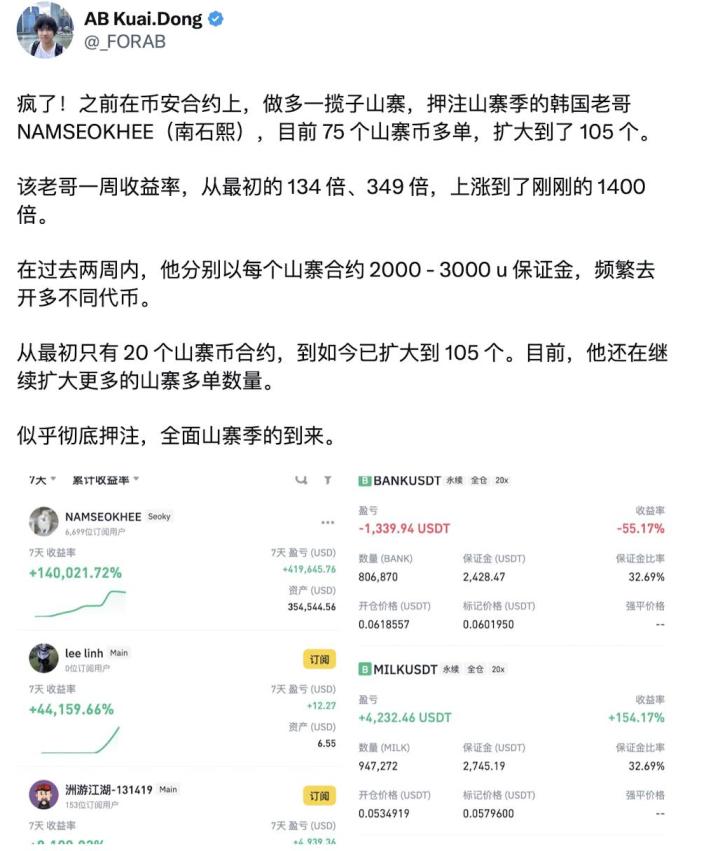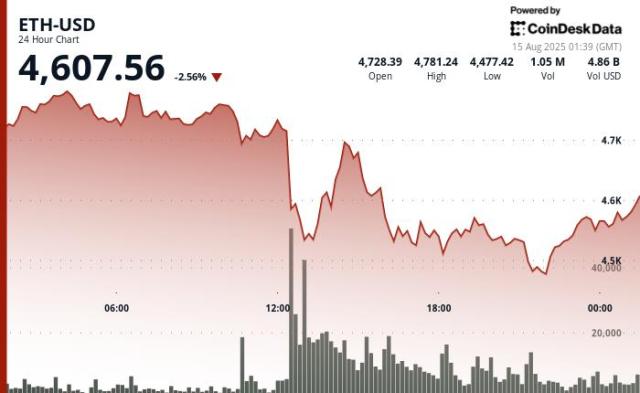Table of Contents
ToggleThe American Bankers Association warns of dangerous loopholes in the GENIUS Act stablecoin legislation, urging Congress to take urgent action.
The American Bankers Association (ABA) and 52 state banking associations have simultaneously sent a letter to the leaders of the Senate Banking Committee, calling for urgent modifications to several provisions in the GENIUS Act Stablecoin Legislation. According to them, if these shortcomings are not addressed, the US financial system could face significant risks, especially in the context of the rapidly developing digital currency and financial technology market.
This letter was directly sent to four influential senators in the financial sector – Tim Scott, Cynthia Lummis, Elizabeth Warren, and Ruben Gallego – with three main recommendations:
Tightening the Ban on Interest Payments for Stablecoins
The GENIUS Act currently stipulates that stablecoin issuers cannot pay interest to holders. While banks agree with this principle, they are concerned that the ban could be "circumvented" if digital currency exchanges, brokers, or affiliated organizations provide yields, rewards, or "yield" for stablecoins.
According to the ABA's analysis, this would transform stablecoins into investment tools for generating returns instead of just a payment method, causing deposits to leave banks in search of higher yields. The result would be a decreased credit creation capacity of the banking system, with negative impacts on the real economy. Therefore, they propose that Congress expand the ban's scope to include these intermediary parties.
Absolutely Prohibiting Non-Financial Companies from Issuing Stablecoins
Currently, the GENIUS Act prohibits non-financial public companies from issuing payment stablecoins, but there are still exceptions that can be specially approved.
According to the banks' argument, any "loophole" could lead to non-financial corporations drawing deposits away from the banking system, reducing credit sources for households, small businesses, and farmers. They demand that the new law must absolutely prohibit – including private non-financial companies – to maintain the separation between banking and commerce, and prevent excessive economic power concentration.
Restoring State Supervision Rights for Special Custody Organizations
A major point of contention is Section 16(d) of the GENIUS Act, which allows specialized custody organizations (SPDI) to operate nationwide without obtaining permits from each state, even when they lack deposit insurance like traditional banks.
The ABA argues that this breaks the "dual banking system" – the mechanism balancing federal power and state rights in financial activity supervision. The banks call for the complete removal of Section 16(d) to ensure each state retains the right to manage all financial institutions operating within its jurisdiction.
Warning of Crisis Risk If Not Acted Upon Promptly
The banking associations emphasize that if Congress does not quickly close these "loopholes", the risk of mass withdrawals (bank run) will significantly increase, especially during financial instability. At that point, the economy might face tightened credit, high interest rates, fewer loans, and increased financial costs for both businesses and households.
Notably, the letter also confirms that any adjustments can be integrated immediately into the framework bill on digital asset markets currently under discussion. The banks express readiness to collaborate to ensure financial innovation occurs safely and sustainably.









